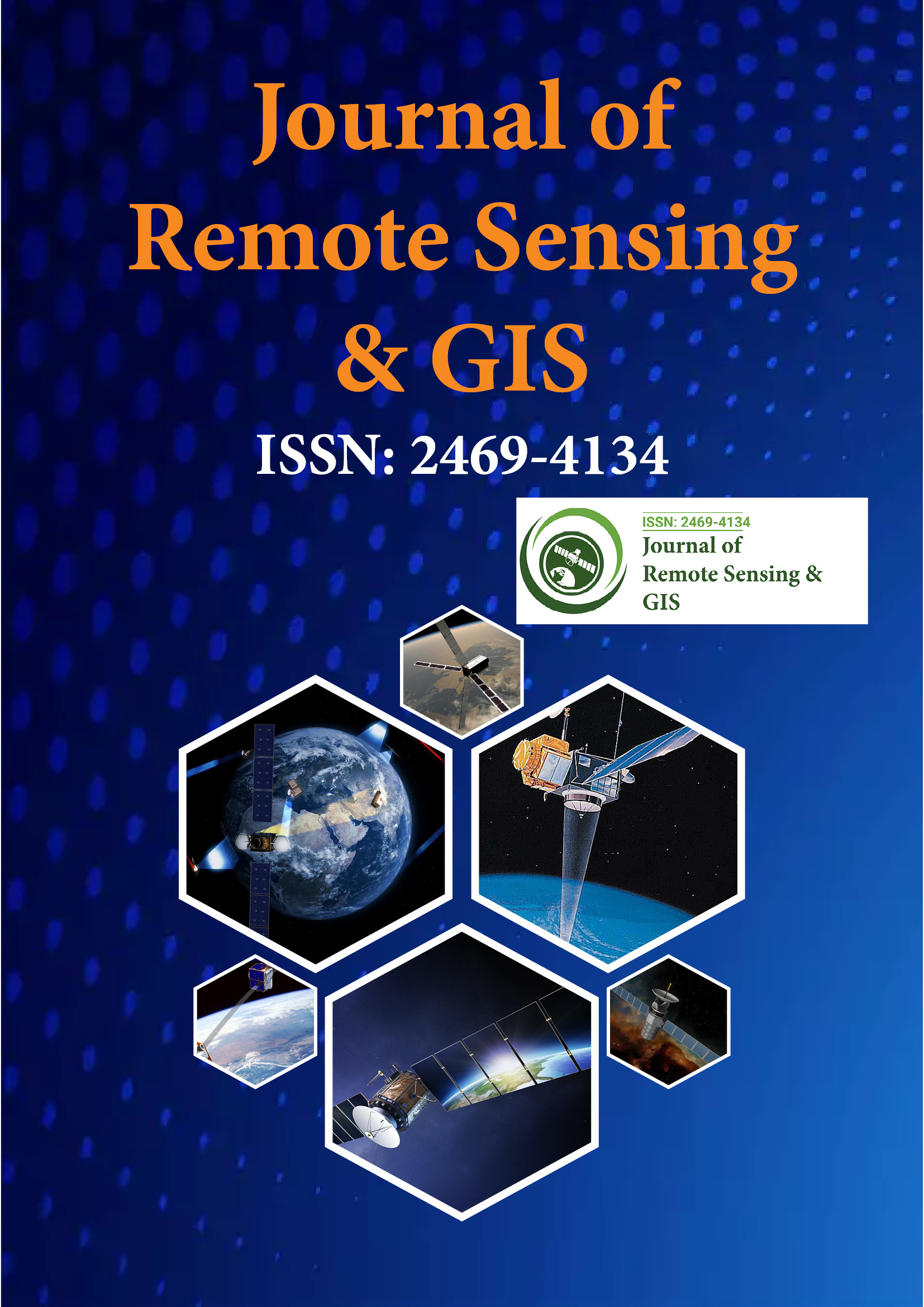Indiziert in
- Öffnen Sie das J-Tor
- RefSeek
- Hamdard-Universität
- EBSCO AZ
- OCLC – WorldCat
- Publons
- Internationale wissenschaftliche Indexierung
- Euro-Pub
- Google Scholar
Nützliche Links
Teile diese Seite
Zeitschriftenflyer

Open-Access-Zeitschriften
- Allgemeine Wissenschaft
- Biochemie
- Bioinformatik und Systembiologie
- Chemie
- Genetik und Molekularbiologie
- Immunologie und Mikrobiologie
- Klinische Wissenschaften
- Krankenpflege und Gesundheitsfürsorge
- Landwirtschaft und Aquakultur
- Lebensmittel & Ernährung
- Maschinenbau
- Materialwissenschaften
- Medizinische Wissenschaften
- Neurowissenschaften und Psychologie
- Pharmazeutische Wissenschaften
- Umweltwissenschaften
- Veterinärwissenschaften
- Wirtschaft & Management
Abstrakt
Analyse der Auswirkungen von Schneedeckeneigenschaften auf Satellitendaten zu Mikrowellenhelligkeit, Temperatur und Emissionsgrad
Tarendra Lakhankar, Amir E. Azar, Narges Shahroudi, Alfred Powell und Reza Khanbilvardi
Räumliche Variationen der Schneedeckeneigenschaften sind ein wesentlicher Bestandteil der Hochwasservorhersage und der Wasserressourcenverwaltung. Die satellitengestützte Mikrowellenfernerkundung hat ein großes Potenzial bei der Ermittlung von Schneedeckeneigenschaften wie Schneetiefe, Schneekorngröße und Schneedichte gezeigt. In dieser Forschung untersuchen wir das Potenzial der Mikrowellenemissivität, die stark von den Schneedeckeneigenschaften beeinflusst wird. Helligkeitstemperatur- und Emissionsgraddaten, die aus dem Mikrowellenemissionsmodell von Schnee der HUT (Technische Universität Helsinki) generiert wurden, wurden mit Mikrowellenmessungen per Satellit ausgewertet. Der Vergleich der tatsächlichen Messungen (vor Ort und per Satellit) mit den modellierten Ergebnissen zeigt, dass die Streusignatur (19 GHz–37 GHz und 19 GHz–85 GHz) bei den Emissionsgraden bessere Ergebnisse liefert als die Helligkeitstemperaturdaten. Außerdem zeigt über tiefem Schnee (> 30 cm) die Streusignatur der Emissionsgrade von (19 GHz– 37 GHz) die beste Leistung, während über flachem Schnee (< 30 cm) die Streusignatur der Emissionsgrade von (19 GHz– 85 GHz) besser abschneidet. Die Ergebnisse weisen bis zu einem gewissen Grad auf die Gültigkeit der Annahme zum Kornwachstum hin, es gelingt ihnen jedoch nicht, dieses quantitativ als Funktion der Zeit zu betrachten.